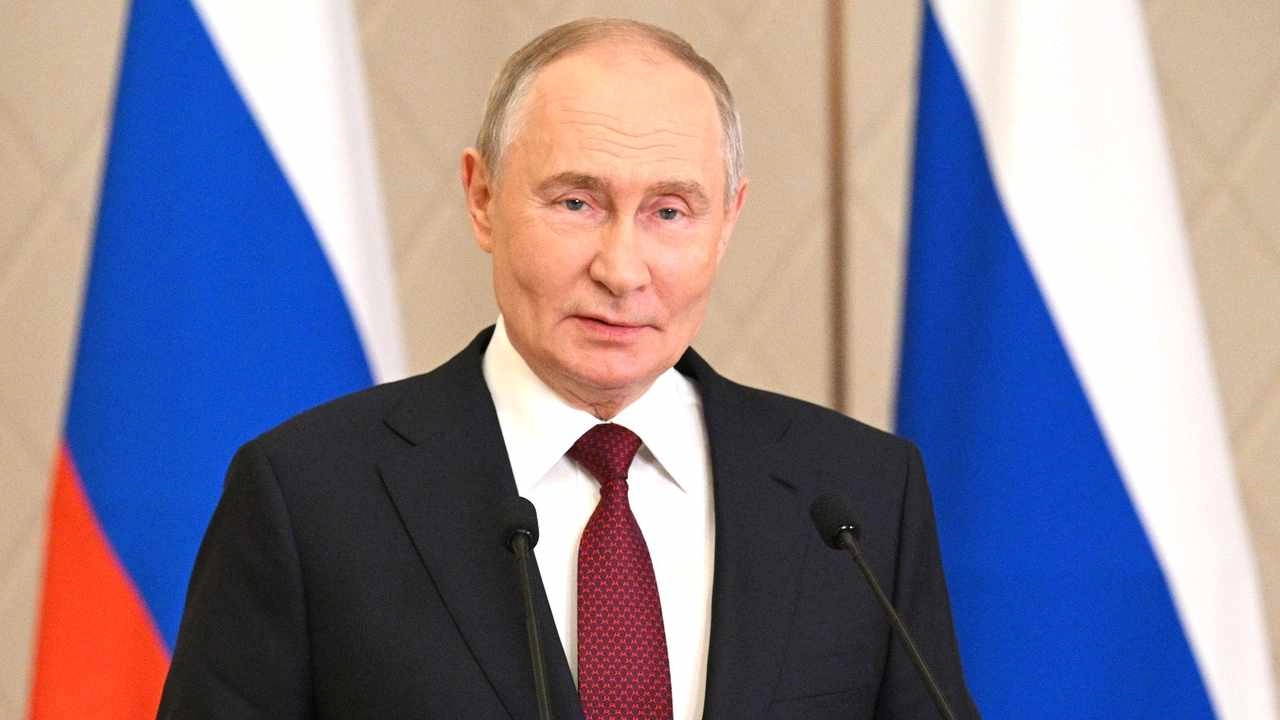Russia officially declares cryptocurrency as property, unleashing groundbreaking tax rules: mining exemptions, progressive income taxes, and steep corporate levies starting in 2025.

Crypto Officially Property in Russia After Putin Signs Landmark Law
Russian President Vladimir Putin has signed a law officially designating digital currencies as property, laying the groundwork for taxation and regulation within the sector. Announced on Nov. 29, the law recognizes digital currency for foreign trade transactions under an experimental legal framework, marking a significant shift in Russia’s approach to cryptocurrency oversight.
Under the new law, mining and selling digital currencies are exempt from value-added tax (VAT), and no taxes apply to organizations facilitating transactions within the experimental regime. However, mining operators must report users of their infrastructure to tax authorities, with noncompliance leading to a penalty of 40,000 rubles ($382.78). Revenue earned from mining is classified as non-cash income and subject to standard income tax rates. This classification requires that mining expenses be deducted before determining taxable income.
Personal income tax for digital currency transactions follows a progressive system: 13% for income up to 2.4 million rubles and 15% for amounts exceeding that threshold. Starting in 2025, corporate profits from mining will face a 25% tax.
The Russian State Duma, the lower house of parliament, passed the digital currency taxation law in its second and third readings on Nov. 26. Subsequently, the Federation Council, the upper house, approved the legislation on Nov. 27. Following these approvals, the law was presented to President Vladimir Putin for his signature.
The legislation restricts tax options for entities engaged in mining or cryptocurrency sales, barring them from using simplified, automated, agricultural, or self-employment tax systems. Cryptocurrency-related activities are also excluded from the patent tax system. The framework aims to regulate the cryptocurrency sector with a focus on transparency and accountability. The law takes effect immediately upon its publication, though certain provisions allow for transitional measures



